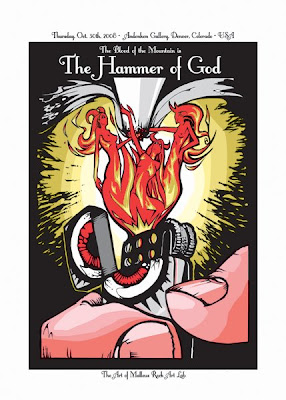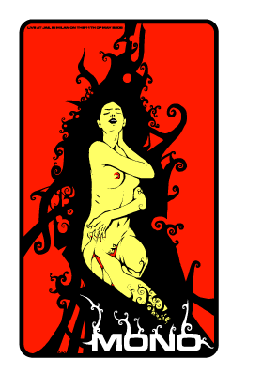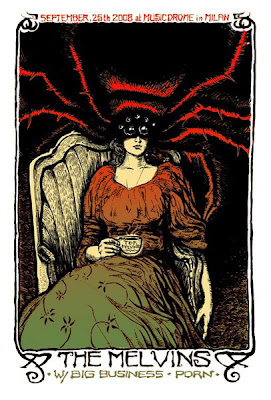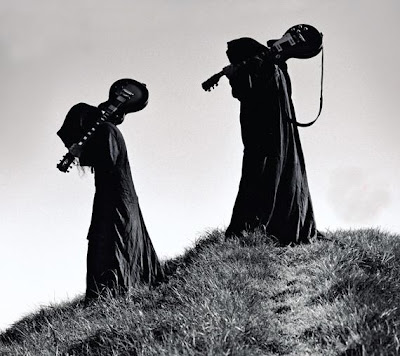These are the books that shape me at the moment.
One quote per volume.
Per Faxneld, Mörkrets apostlar – Satanism i äldre tid
Przybyszewski inleder med att postulera två eviga gudar i ständig kamp med varandra, en “god” och en “ond”. Den gode uppmanar människan till att vara som viljelösa barn som lyder blint, medan den onde – Satan – står för nyfikenhet och arrogant trots. Han är även vetenskapens och filosofins fader, och i andra av sina uppenbarelseformer dessutom den köttsliga lustans gud. Den “goda” guden däremot hatar jordisk skönhet. Det står snart klart att termerna ont och gott ska uppfattas bara som traditionella beteckningar, då Satan för polacken är den goda av de två.
Przybyszewski ser evolution som existensens enda lag, och Satan som ett förkroppsligande av denna princip. I enlighet därmed kan Satan utöver att vara en progressiv förnuftets beskyddare även exempelvis agera inspiratör för en brottsling som förstör många liv så att något nytt kan uppstå. Detta, som kan tolkas som ondska, är helt i samklang med livets egen evolutionära natur: “Ty Satan är det evigt onda, och det evigt onda är livet.”
“Ondskan” – termernas betydelse är hos Przybyszewski som sagt inverterade – är alltså livet självt, den ständiga framåtskridande tillvaron, medan det “goda” är det som hindrar evolutionen: “Satan älskar det onda, eftersom han älskar livet, han hatar det goda, eftersom han hatar stagnationen, trögheten.”
Fernando Pessoa, Den anarkistiske bankiren
– Det verkligt onda, det enda onda är de sociala konventionerna och fiktionerna som tränger undan de naturliga realiteterna. Detta gäller allt, alltifrån familjen till pengarna, alltifrån religionen till staten. Vi människor föds som män eller kvinnor, det vill säga vi föds för att senare, som vuxna, bli män eller kvinnor; men det ligger inte i naturens ordning att vi ska bli äkta makar eller rika eller fattiga och inte heller katoliker eller protestanter, portugiser eller engelsmän. Allt sådant blir vi på grund av de sociala fiktionerna. Varför är nu dessa sociala fiktioner av ondo? Därför att de är fiktioner, därför att de inte är naturliga.
Fernando Pessoa, En stoikers fostran
Det finns ingen större tragedi än när en människa befinner sig på samma nivå såväl i intellektuellt som i moraliskt avseende. För att en människa skall kunna vara helt och fullt moralisk måste hon vara lite enfaldig. För att en människa skall kunna vara helt och fullt intellektuell måste hon vara lite omoralisk.
Fernando Pessoa, Dikter av Alberto Caeiro
Som ett barn innan det har fått lära sig att bli vuxet
har jag varit sann och lojal mot det som jag såg och hörde.
Fernando Pessoa, The Book of Disquiet
Every day things happen in the world that can’t be explained by any law of things we know. Every day they’re mentioned and forgotten, and the same mystery that brought them takes them away, transforming their secret into oblivion. Such is the law by which things that can’t be explained must be forgotten. The visible world goes on as usual in the broad daylight. Otherness watches us from the shadows.
Fernando Pessoa, Orons bok
Så trist att aldrig ha varit en haremsdam! Jag tycker så synd om mig själv som inte har fått uppleva det!
Italo Calvino, Den tudelade visconten
Efter drabbningarna erbjöd fältlasarettet en anblick ännu mer fruktansvärd än själva slagfältet. På golvet stod den långa raden av bårar med de stackars människorna och runt omkring härjade fältskärerna och slogs om pincetter, sågar, nål och tråd och amputerade kroppsdelar. Från lik till lik gjorde de allt för att väcka de döda till liv, sydde ihop eller sågade, täppte till hål och läckor, vände ut och in på blodådrorna som handskar och lade dem lappade och tätade på plats igen, men med mera trådar än blod i. När en patient dog använde man allt som dög av hans kropp till att laga en annans lemmar med, och så vidare. Värst var det med inälvorna: om de en gång hade kommit i oordning visste man inte hur de skulle läggas till rätta igen.
När lakanet som täckte visconten drogs undan blottades en fruktansvärt stympad kropp. Han saknade en arm och ett ben, och inte nog med det: allt som hade funnits av bröst och buk mellan detta ben och denna arm var bortslitet, söndersprängt av kanonkulan som hade träffat prick. Av huvudet återstod ett öga, ett öra, en kind, halva munnen, halva näsan, halva hakan och halva pannan: av huvudets andra hälft fanns bara ett mos. Kort sagt, av visconten hade ena hälften räddats, den högra, som för övrigt var helt oskadd, utan en enda skråma förutom den långa sårytan efter vänsterhalvan som hade blivit söndersprängd.
Läkarna var förtjusta:
– Uj, vilket lysande fall!
F.X. Toole, Konsert för blåsare
Jag hejdar blodflödet.
Jag hejdar det åt boxare mellan ronderna för att de ska kunna hålla sig kvar i matchen.
Blod knäcker somliga killar. Så var det med Sonny Liston, må Gud skänka frid åt hans själ. Hård och hänsynslös i ringen kunde han vara, men att se sitt eget blod kunde få honom att rasa ihop.
Jag är inte den som avgör när en match ska brytas, och jag syr inte ihop jack när matchen väl är över. Inte heller är det mitt jobb att skicka en kille till sjukhus på grund av hjärnskada. Mitt jobb är att hejda blodflödet så att boxare kan se tillräckligt bra för att fortsätta boxas. Gör jag det kanske jag räddar en killes mästartitel. Jag sköter den enda lilla grejen, och jag är värd varenda cent man betalar mej. Om jag hejdar blodflödet så att jag räddar matchen åt killen, älskar han mej mer än han älskar sin far.
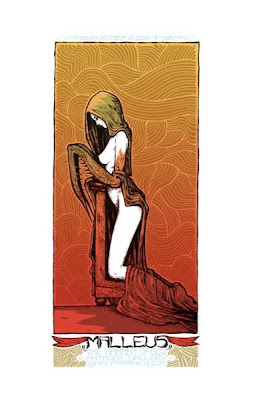 In most of my Roadburn posts I’ve been using art courtesy of Malleus without giving them credit, so here’s to you, oh masters!
In most of my Roadburn posts I’ve been using art courtesy of Malleus without giving them credit, so here’s to you, oh masters!
